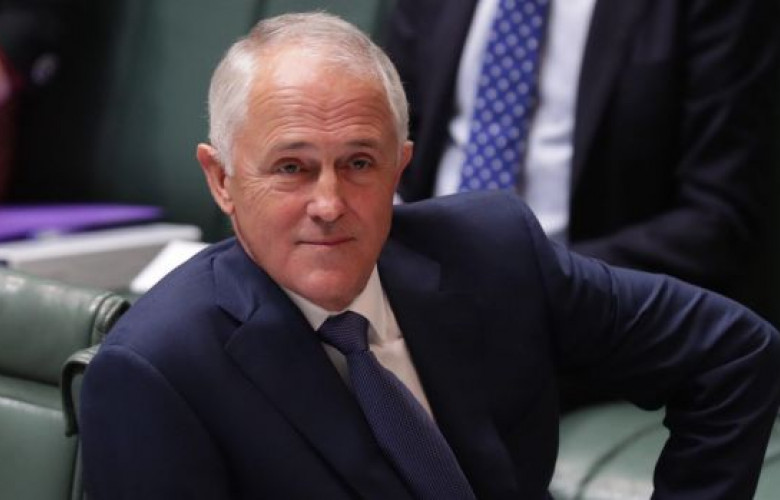Is the government considering changes to capital gains tax for investors, or not?
Contact
Is the government considering changes to capital gains tax for investors, or not?
Last night's report in The Australian Financial Review that the federal government is considering cutting the capital gains tax discount for investors was quashed this morning, when the prime minister said, "We do not support the Labor Party’s plans to increase capital gains tax."
The Australian Financial Review reported last night that the Turnbull government is "planning a crackdown on capital gains tax concessions for property investors".
The paper reported that the government was considering "halving the 50 per cent discount on capital gains tax to 25 per cent, or reducing it by another amount", or adopting a phased method under which the capital gains tax would be discounted up to the full 50 per cent depending on how long the property was held.
The current arrangement is that a capital gains tax discount of 50 per cent applies if the investor holds the property for at least 12 months.
But this morning Malcolm Turnbull and finance minister Mathias Cormann dismissed the reports.
“We do not support the Labor Party’s plans to increase capital gains tax,” the Prime Minister said in a press conference.
Turnbull also said the government was not considering to “outlaw negative gearing.”
The Property Council of Australia urged caution amid the conflicting reports.
“Increasing capital gains tax runs the risk of reducing the incentive to invest at a time when Australia needs to build new housing to cater for our growing population,” said Ken Morrison, Chief Executive of the Property Council of Australia.
“While there are conflicting media reports this morning, we urge the government to be extremely cautious if it is considering changing the CGT discount," he said.
Morrison pointed out that the capital gains tax discount is intended to compensate for natural growth in asset prices due to inflation.
"The CGT discount is recognition that you should not tax people for inflation - inflation-driven capital growth is not real growth and investors should not be taxed for it," he said.
Morrison said the construction cycle is already past the peak, and any disincentive to build should be considered carefully.
"The industry has passed the top of the construction cycle," he said.
"The risk for the government is that if it moves too far, it runs the risk of tightening housing supply and adding further pressures to housing prices.”
See also:
Negative gearing: the debate that won't go away





